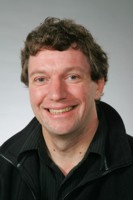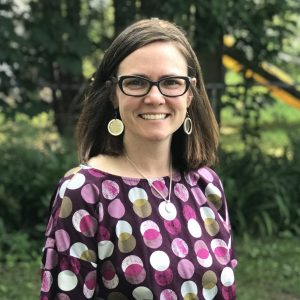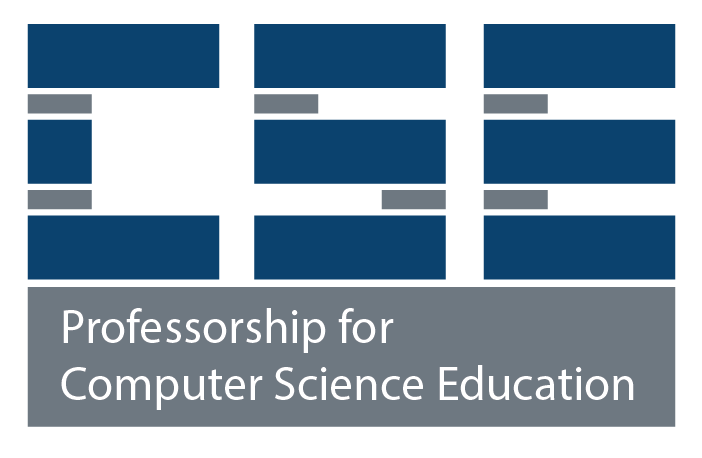Tim Bell, New Zealand
Computational thinking: online and offline, plugged and unplugged
Abstract Computer Science Unplugged is one of many tools for engaging students with computational thinking. As the name suggests, it doesn't involve computers, at least in its original form. But inevitably digital devices become involved, and with the sudden increase in interest in distance teaching due to schools being closed, the purpose and essence of CS Unplugged has been brought into sharp focus. We will explore how CS Unplugged connects to computational thinking, and what this looks like in the new modes of teaching that have become common.

Short Biography Tim Bell is a professor in the Department of Computer Science and Software Engineering at the University of Canterbury, New Zealand. His ''Computer Science Unplugged'' project is being widely used internationally. Tim has received many awards for his work in computing education including the 2018 ACM SIGCSE Outstanding Contribution to Computer Science Education award. Since 2008 he has been actively involved in the design and deployment of the approach to the teaching of digital technologies in New Zealand schools.
Leigh Graves Wolf, USA
Computing Education Online: Critical Perspectives, Ponderings, and Possibilities
Abstract For almost every educator around the globe (from primary to secondary to tertiary and beyond) the COVID pandemic shifted at least some portion of the mediation of learning to an online environment. In this session, we will review lessons learned from the emergency shift to online instruction, implications for secondary computing educators, and engage in imagining what the future holds for CE pedagogy.

Short Biography Leigh Graves Wolf is teacher-scholar and a Clinical Associate Professor in the Mary Lou Fulton Teachers College at Arizona State University. Leigh teaches with the Educational Leadership and Innovation EdD program and is a faculty fellow with the Office of Scholarship & Innovation. Her work centers around online education, critical digital pedagogy, K12 teacher professional development and relationships mediated by and with technology. She has worked across the educational spectrum from K12 to Higher to further and lifelong. She believes passionately in collaboration and community.


